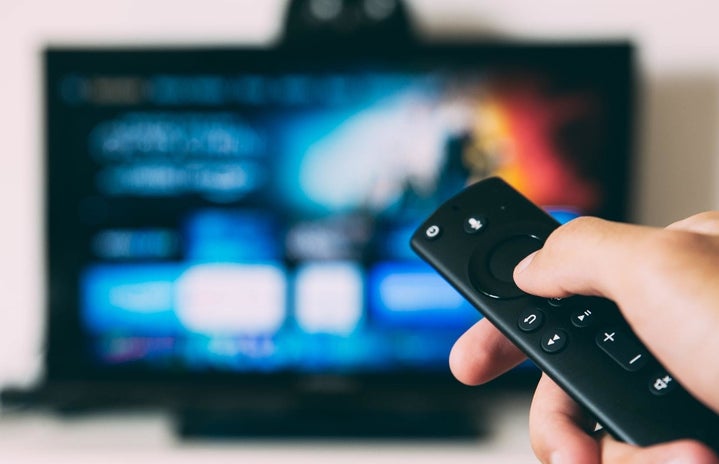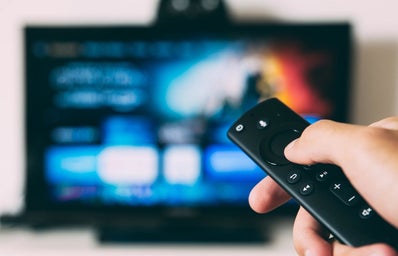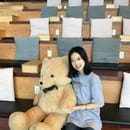Just like many other Asians, especially Chinese, I was counting down until the theatrical release of Mulan. But after watching the movie, I was confused, disappointed, and even mildly angry as to how little cultural satisfaction and national pride the movie had brought me.
Of course, I don’t know everything about Chinese culture, but I have been educating myself on where I come from. And a lot of aspects of the Disney remake do not sit right with me.

This inconsistent timeline was very distracting from the very beginning. I couldn’t help but question the amount of background research that the director team had done prior to shooting. The movie only got more confusing from there.
The fact that they brought up “Chi” led to another unnecessary controversy. In the movie, “Chi” was presented as some sort of superpower that only men, “a true warrior,” as they said, could have the ability to manipulate. Mulan, on the other hand, was labeled as a “witch” just because she showed her beyond-average strength, courage, and persistence. Let’s put aside the sexist stereotypes for now and focus on the concept of “Chi,” a term that might be unfamiliar to lots of people.

I want to take a break from listing more discrepancies among the film and the original story, and raise another question: Is Mulan an over-Westernized remake from the bones? The Western society’s interpretation of the story revealed just how much it doesn’t understand, and thus stereotypes, Eastern-Asian cultures. The Chinese people didn’t solely praise Mulan for her feminine power and courage, but also for her precious personality. Her values showed traditional Chinese morality, including loyalty to the country, filial piety, and so much that goes beyond just female power.
Western directors need to do their research and think hard about how to best portray Eastern-Asian stories. Disney, you really hurt me this time.
Want to keep up with HCBU? Make sure to like us on Facebook, follow us on Instagram, check out our Pinterest board, and read our latest Tweets!


